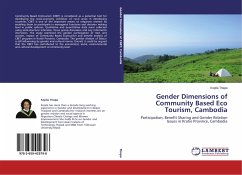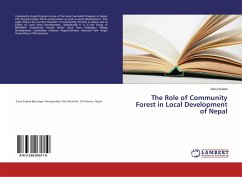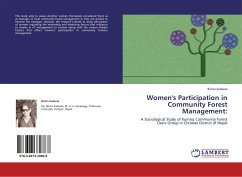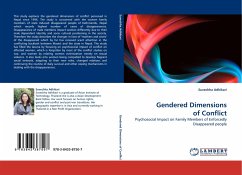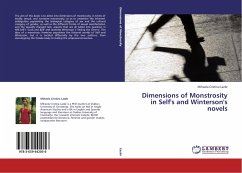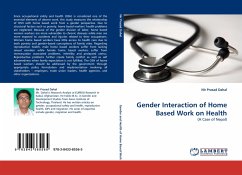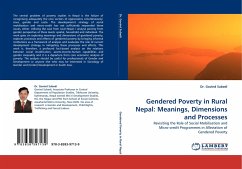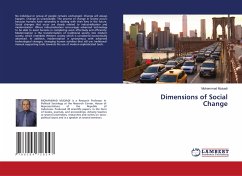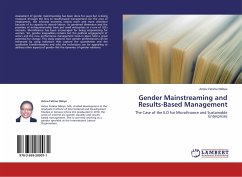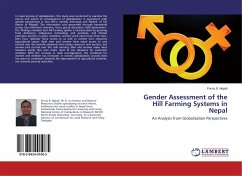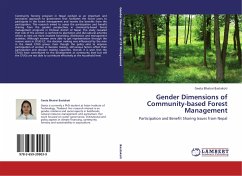
Gender Dimensions of Community-based Forest Management
Participation and Benefit Sharing Issues from Nepal
Versandkostenfrei!
Versandfertig in 6-10 Tagen
36,99 €
inkl. MwSt.

PAYBACK Punkte
18 °P sammeln!
Community forestry program in Nepal evolved as an important and innovative approach to governance that facilitates the forest users to participate in the forest management and receive the benefits from the participation. This research aimed to assess the participation and benefit sharing from the gender perspectives in community-based forest management programs in Chitwan district of Nepal. The study revealed that role of the women is confined to plantation and silvi-cultural activities where as men are more involved harvesting, distribution and management activities. Although women were able ...
Community forestry program in Nepal evolved as an important and innovative approach to governance that facilitates the forest users to participate in the forest management and receive the benefits from the participation. This research aimed to assess the participation and benefit sharing from the gender perspectives in community-based forest management programs in Chitwan district of Nepal. The study revealed that role of the women is confined to plantation and silvi-cultural activities where as men are more involved harvesting, distribution and management activities. Although women were able to get representation through the reserve seats in CFUG EC, the decision making was influenced by the men in the mixed CFUG group. Even though the policy aims to improve participation of women in decision making, still various factors affect their participation and decision making capacities. Overall, it is seen that the CFUGs have contributed to the development at community level but still the CFUGs are not able to contribute effectively at the household level.



